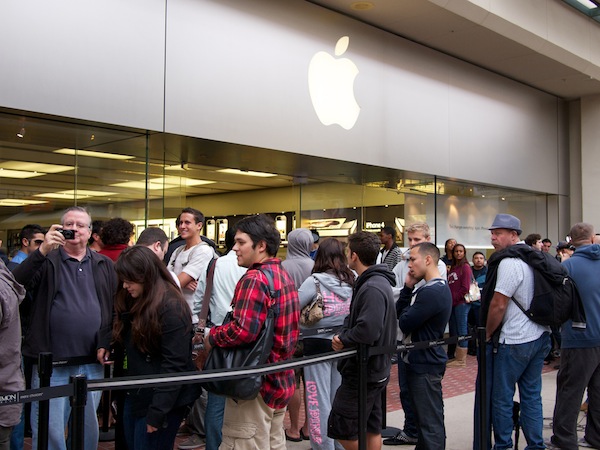
How Apple can get its mojo back
Apple executives like to talk about the post-PC era as an opportunity. But they have a post-Steve Jobs crisis that needs resolution first -- and fast. This week's calendar fourth quarter earnings report is time to assess where the company is and where it might be a year from now, and whether investors should lift falling shares from the nosedive.
Post-Steve Jobs -- and I'm talking as much about the time before his death -- Apple has lost the quality that made great products. The company’s approach to computer/device design is consistent and pervasive: Humanization. Apple design seeks to humanize complex technological products. There has been much written about Apple design in context of products that look good. But there is something more fundamental: Designing tech that is easy to use by making it more an extension of the human being -- more part of you. It's this quality missing from recent new product iterations, which aren't any more human-like than their predecessors. Meanwhile, competitors like Samsung do better.
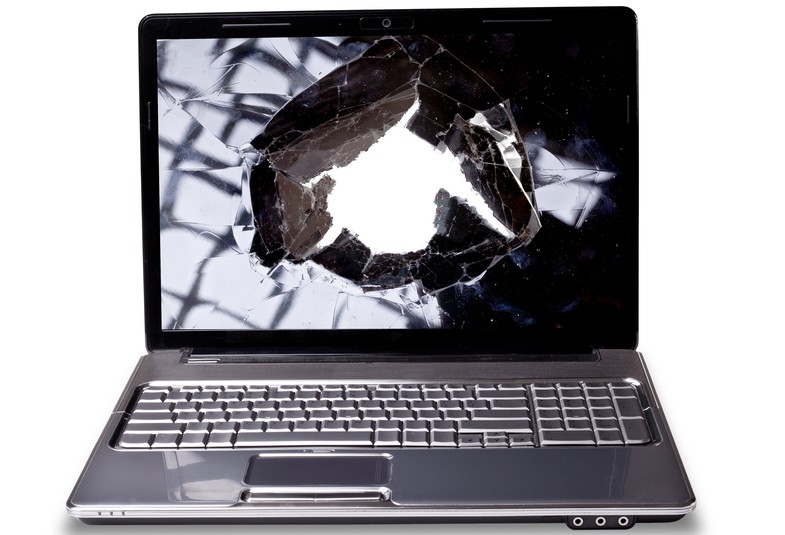
The PC is dead to me, or soon will be
Later this month, I plan to jump cold feet into the next computing era by making a tablet my primary PC. I was all primed to start last year, but improved Google Chromebooks derailed the experiment. New year is here and good time for a computing resolution. Already, I made major computing platform shift in 2012 -- ARM, Android and Chrome OS. I'll write about the journey, which surely will tumultuous, at least to start.
I won't go alone. Yesterday morning, my wife asked about trading up to a larger tablet (she used the Nexus 7 I bought her in July). The request was totally unexpected. I added her as another user to my Nexus 10 and let her play around. She likes! She likes! So I ordered her the larger tablet, planning to sell the older one (and some other gear, to cover cost). The idea: We would together go tablet as main devices, with Chromebook as backup (hey, sometimes you need Flash, for example). We will share my Nexus 7, which has HSPA+ radio, to carry around when out and about (me sitting in the man chair while the women shop; she while, say, waiting for her dad at the doctor's office). But both of us will primarily use our own Nexus 10s.
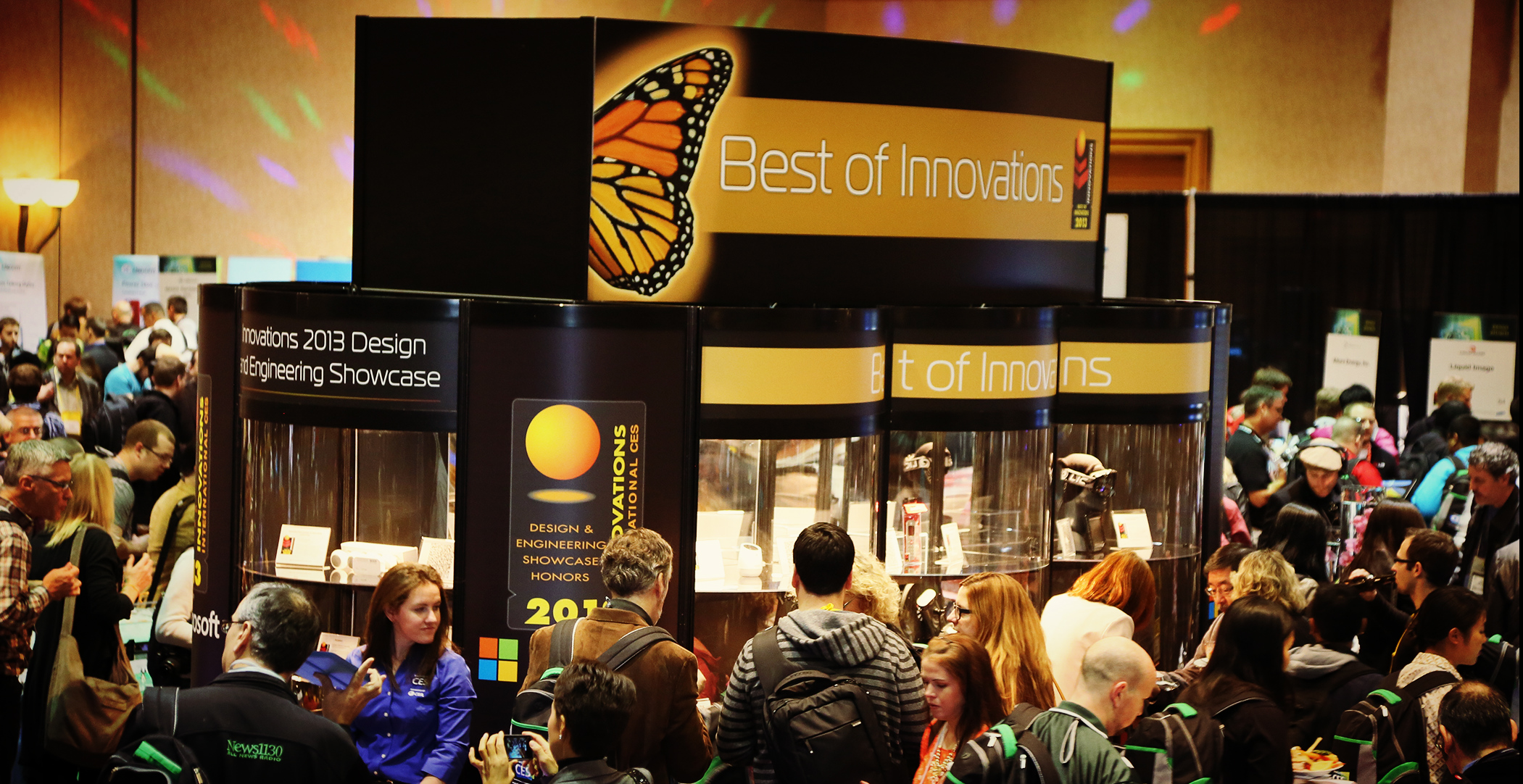
5 things I want to see at CES 2013
Tomorrow, the Consumer Electronics Show officially kicks off, not that many vendors are waiting. There already are plenty of Day 0 and -1 announcements, which make me wonder if this -- the first of two posts -- isn't already late: What I would like and not want to see during this year's big event. If early press galas are any indication, many CES participants won't hit the jackpot in Las Vegas this year. Sadly that's a trend.
Like 2012, I'm sitting out the tradeshow. The real benefit is mingling, and that's for everyone -- from journalists to manufacturers to distributors. CES really isn't about gadget geeks but everyday consumers and CE manufacturers getting goods to them. Why else would LG's press gala feature 39 new driers and 72 refrigerators coming this year? But the big noise is all about the toys today, as it will be all week.
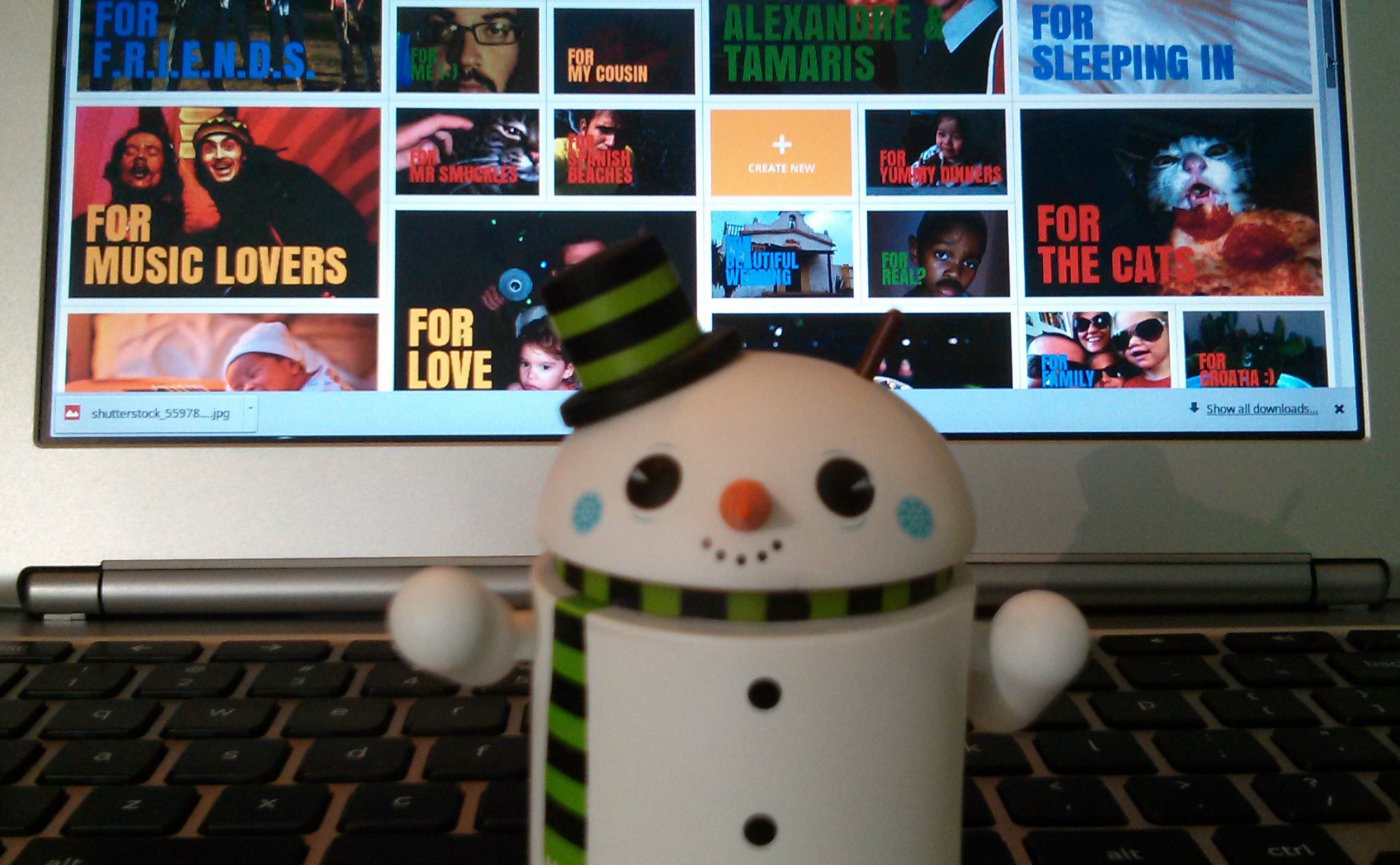
My tech life completely changed in 2012
I join colleagues Mihaita Bamburic, Alan Buckingham and Wayne Williams recounting what tech I used in 2012. But unlike them, I made dramatic platform changes, more significant than first using Windows over New Years holiday 1994, buying a reburbished PowerBook in February 1999, adopting Facebook and Twitter in 2006 or purchasing Nexus One in January 2010. Each of these marked major platform changes -- and some not always lasting. Consider this: in early 2012, I owned a 1.8GHz Intel Core i7 MacBook Air, iPhone 4S and iPad 3. I end the year using Chromebook and Android smartphone and tablets.
During the year I moved from OS X and Windows running on Intel to an ARM-and-Chrome OS laptop, and after several failed attempts at adopting tablets (three generations of iPads, really), I embraced not one but two Android slates. I store all my data in the cloud -- local storage is now merely a way station between destinations rather than personal repository. This old dog is learning new tricks, and if I make such dramatic platform changes what does that mean for younger users who are more flexible and not as financially or habitually Apple/Microsoft/Intel committed? Look around, the PC era rapidly evaporates around you and its disappearance will be difficult to ignore in 2013.
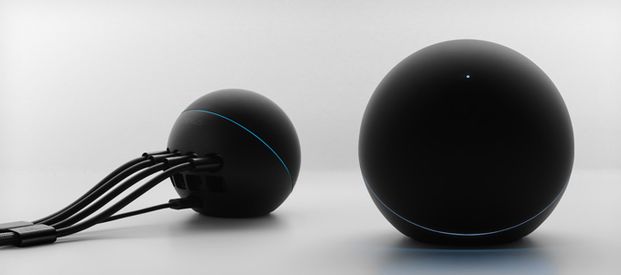
Google, bring back Nexus Q
Nexus devices are largely sold out this holiday season. Supply can't meet demand, particularly the new smartphone. But one Google gadget is missing altogether, pulled before official sales started. I've got Nexus Q, and you should be able to have one, too. The entertainment device is quirky, but I like it. Surely there is stock sitting around in some warehouse somewhere. Sell it out, Google. Give geeks something else to clamor for and recover some of the development and manufacturing costs.
The sphere-shaped device is a remarkable product, and changes fundamental concepts about digitally-delivered entertainment. Users stream music or movies from the cloud, using Android smartphone or tablet as remote control. The approach solves a fundamental end-user problem with digital content: Simple sharing.
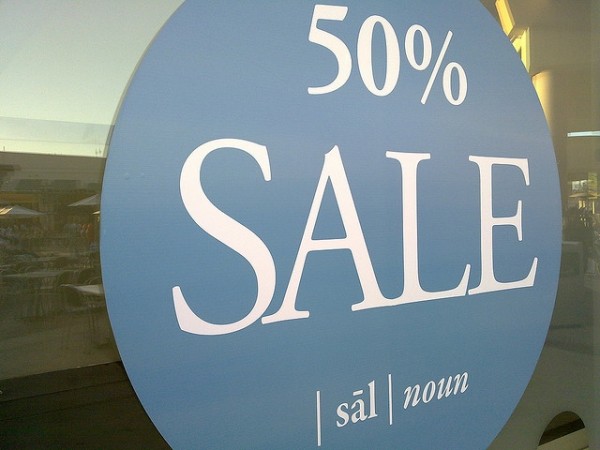
Americans shift shopping to smartphones and tablets
US consumers love to use cloud-connected mobile devices to enhance their shopping experience -- surely something more than a few of you do now that holidays are here. Perhaps least surprising is the number of Americans using smartphones to find local stores -- 78 percent, says Nielsen. That's good news for Google Now, standard browser search services or even Apple's Siri. Sixty-three percent of shoppers check prices in the store. Hey, I do that all the time. Place orders, too. Can you say Amazon?
More Americans use tablets to research items than smartphones (68 percent to 61 percent) or to read reviews of recent or future purchases (53 percent to 45 percent). Forty-eight percent of tablet owners purchase digital items and 43 percent physical goods from their devices. Mea culpa, I do both.

The Daily is Dead -- thank you, Rupert Murdoch
The iPad's flagship newspaper is finished. Today News Corp. promised what some of us in the media long hoped for. Big boss Rupert Murdoch will take The Daily out back of the barn and shoot it in the head on December 15, putting the godawful digital rag, its editors and the few readers out of their misery. Thus ends the iPad's big, publishing experiment. In ruins.
What a mess it is, too. News Corp. spent $30 million just to launch The Daily, which debuted in February 2011 on iPad. Apple joined the revelry that made the then less-than-year-old device seemingly legitimate -- a truly compelling platform for digital publishing. But News Corp's. digital newspaper stumbled right at the start. Early users complained about constant crashes and slow updates. The Daily promised ongoing content updates to the app, but they proved to be too much -- even after new versions released. Fundamentally, however, The Daily's failure is about editorial content.
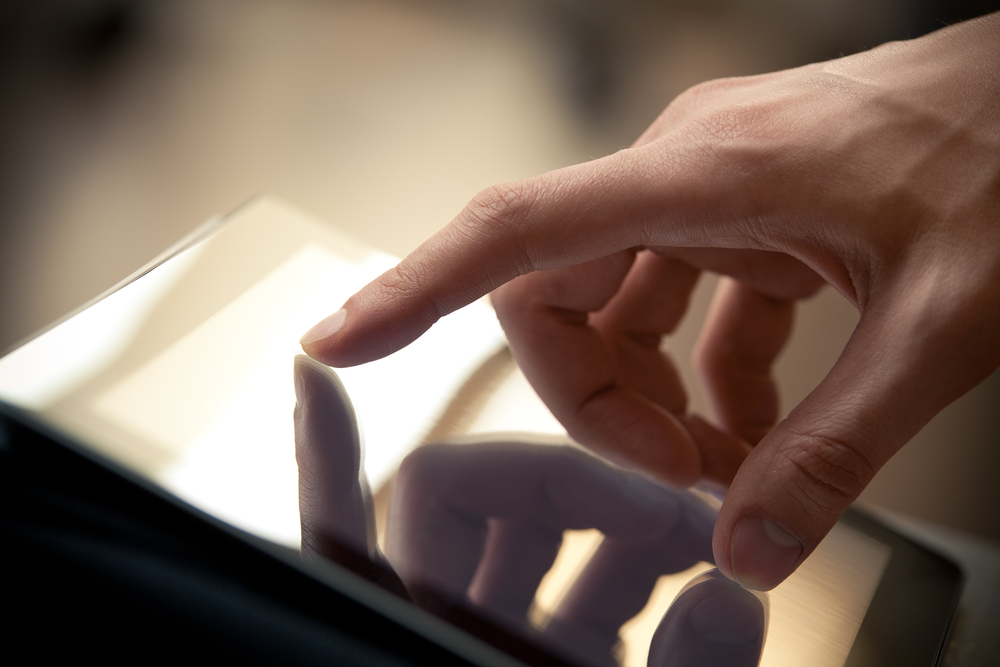
Touchscreens on laptops make complete sense
With the advent of advances in technology and the increasing power of process, we are witnessing a tremendous transition in the design of user experiences and interface design in software development. Of particular interest in this article is the culmination of natural user interface design as it relates to the current crop of touchscreen laptops made possible by Windows 8.
One of the things I have noticed as more and more tech sites review touchscreen laptops is the increasing amount of comments such as, "I would never touch a screen on a laptop" or "why would anyone ever need to touch a screen on a laptop?" The problem with the comments, the thinking is limited by mouse and keyboard. Windows 8 is the first operating system to force us to move beyond this thinking when it comes to using traditional computing devices like desktops and laptops.
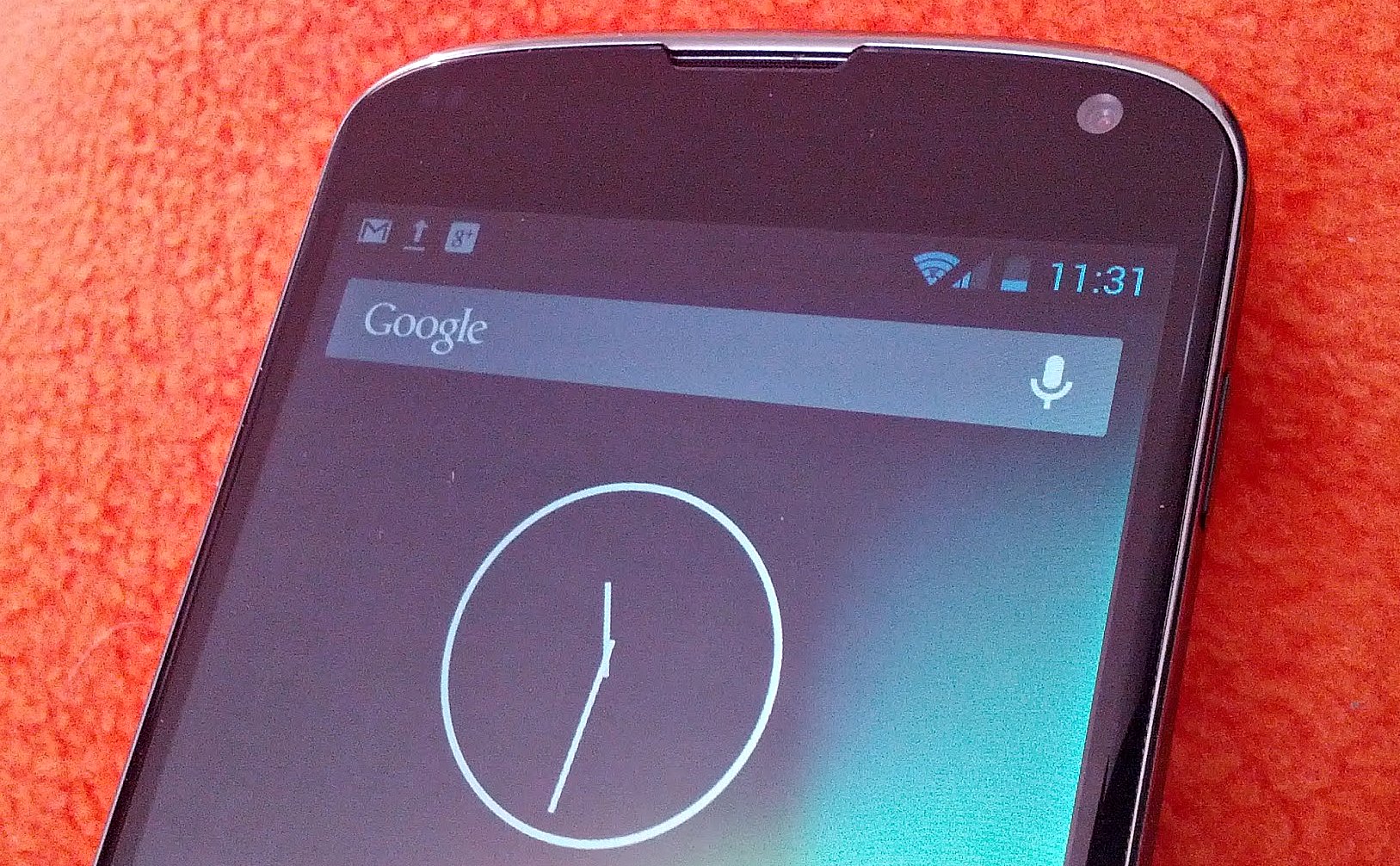
You can have iPhone 5, I'll take Google Nexus 4
I can see only one good reason to choose iPhone 5 over Nexus 4: The LG-manufactured mobile is sold out, and you can't wait. For the patient, Google's fourth-generation stock Android delivers rewarding experience. The new Nexus is the smartphone to buy this holiday season -- if you can find one.
Two reasons stand in iPhone 5's favor, neither is good, just necessary for some people: Your carrier -- for example, Sprint and Verizon in the United States -- isn't supported (Nexus 4 is GSM/HSPA+), or you bought heap loads of apps from Apple and don't want to lose your investment. I feel your pain, but offer no pity. Nexus 4 is exceptional.

The post-PC era already is over
That was fast, if it ever was. Don't blink or the so-called PC era will pass you by. For years, I've called it the cloud-connected device era because of the deeper meaning: Context. But more appropriately, the new epoch is contextual computing, which really extends a transition underway since the World Wide Web opened to the masses about 20 years ago. During the two earlier computing eras, mainframes and PCs, location defined the user. During the contextual computing era, the user defines location. If you listen to analysts obsessed with selling services to enterprises or companies like Apple, post-PC is all about devices. It's anything but.
Context is everything today. I started writing about the concept circa 2004, borrowing from my boss of the day -- Michael Gartenberg. The concept is simple: People are satisfied with what they've got on hand. In context of the airport, a hand-held game console is good enough, while at home the person prefers Xbox and big-screen PC. But because of the cloud connected to an increasing number of mobile devices, context is a much bigger, broader and badder technology trend.
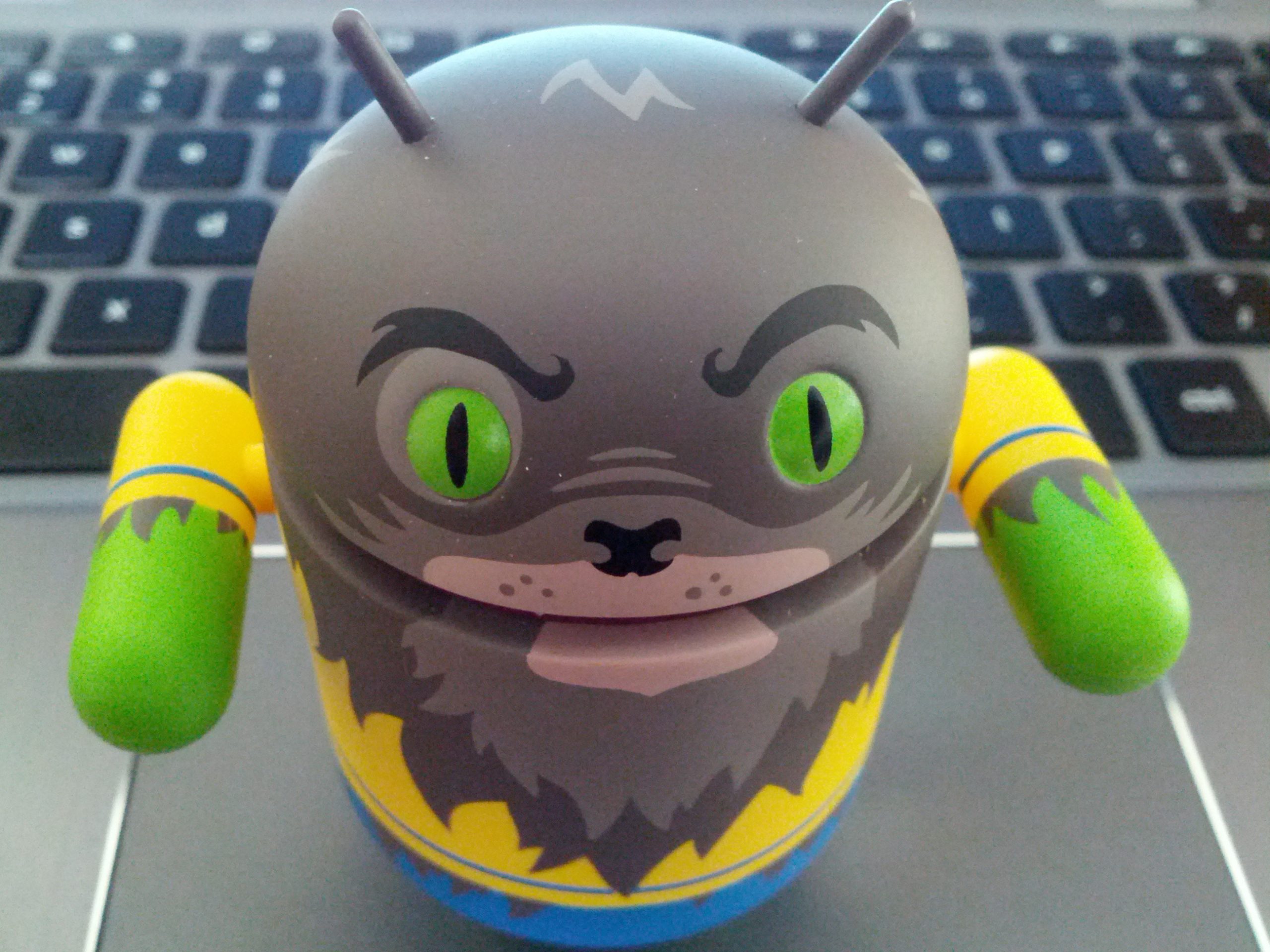
Here's what I wrote about Android on its big day four years ago
Searching through my old Microsoft Watch posts for one thing, I found another -- my Sept. 23, 2008 news analysis "How Android hurts Microsoft". I wanted to find some of my past posts about contextual computing, and you can read more about that soon. For today, this story uses the lens of the past to look at the present.
I take lots of flake from commenters, whether directly on posts or blogged by others elsewhere, about my stories. Many accuse me of idiot perspective and being clueless. But often my seemingly brash analyses at the time, peering into future implications, are generally right. If you look at the totality of my writing, there is consistency of thinking that rightly anticipates trends. Abrasive writing style, provocative headlines and forceful argument puts off some people, especially those who don't like change or embracing new ideas. Occasionally I write seemingly contradictory perspectives, trying to look a things dimensionally rather than flatly. The Microsoft Watch post is one example of many that demonstrates what I mean.
